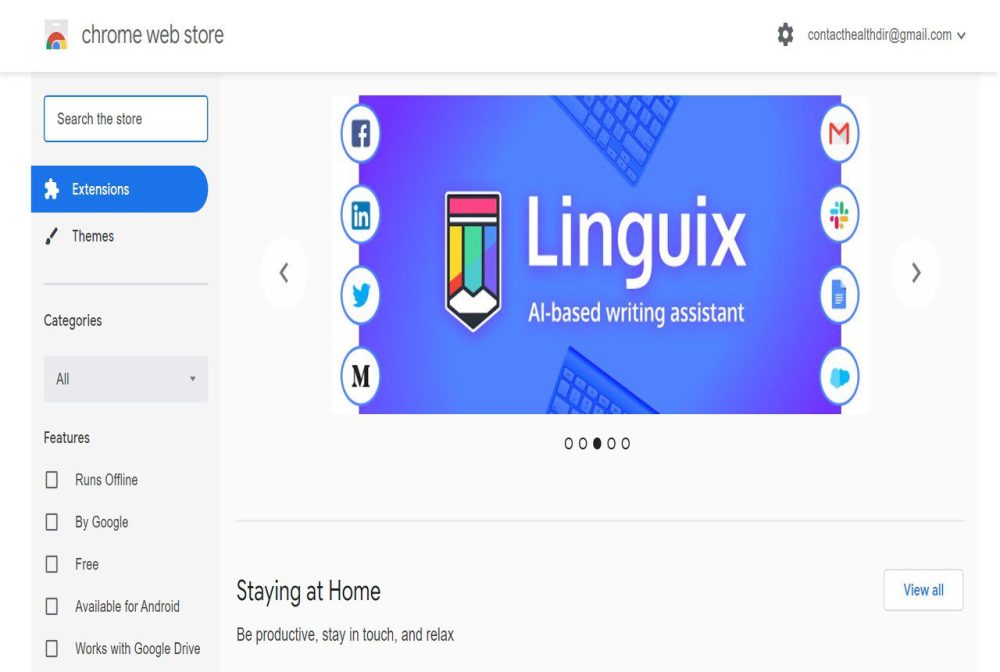
The Ghostery extension is a prime example of a product that would be seriously affected by Google’s changes. “While Google is pushing a ‘privacy by design’ message on the surface, it’s still asserting a monopoly over the entire ecosystem by stifling digital privacy companies that are already working to give users back control of their data,” Schmetz told The Verge by email. Jean-Paul Schmetz, CEO of the privacy-focused browser extension Ghostery, took particular aim at Google’s imposition of the MV3 standard in light of the company’s recent statements on protecting privacy: (In its SEC filings, Google consistently cites “new and existing technologies that block ads online” as a risk factor that could affect revenue.)īut the creators of some ad blocking and privacy-protecting extensions have said the change will undermine the effectiveness of their products. Google has presented the changes as a benefit to privacy, security, and performance, but critics see it as a calculated effort to limit the impact of ad blocking on a company that is almost entirely funded by ads. Others, however, may be more severely impacted. For some extensions, this apparently won’t be a problem: Adblock Plus, one of the most popular ad blockers, has come out in favor of the MV3 changes - though it’s worth noting that the extension has a financial relationship with Google. Instead of monitoring all data in a network request, the new API forces extension makers to specify rules in advance about how certain types of traffic should be handled, with the extension able to perform a more narrow set of actions when a rule is triggered. Under the new specification, the blocking version of the Web Request API has been removed and replaced with an API called Declarative Net Request.

The same feature can be used maliciously to hijack users’ login credentials or insert extra ads into web pages The example Google provides for developers shows an extension script that would block the browser from sending traffic to “”: Under the currently active specification - Manifest V2 - browser extensions can use an API feature called Web Request to observe traffic between the browser and a website and to modify or block requests to certain domains. The changes in Manifest V3 are part of a planned overhaul to the specification for Chrome’s browser extension manifest file, which defines the permissions, capabilities, and system resources that any extension can use. For Google though, sticking with MV3 will have a huge impact on the overall role of ad blocking on the modern web. Though Firefox has a far smaller share of the desktop marketplace than Chrome, it could be a chance for Mozilla’s product to really define itself. Google’s strategy has been roundly criticized by privacy advocates - the Electronic Frontier Foundation has been a vocal opponent - but the search company hasn’t been swayed.
#Google chrome extension windows 10#
Remember to replace with your specific Windows 10 user account name.
#Google chrome extension Pc#


Support this function, so it will not always work. Remove or Disable Extension from ToolbarĬan also disable extension from Chrome toolbar.


 0 kommentar(er)
0 kommentar(er)
